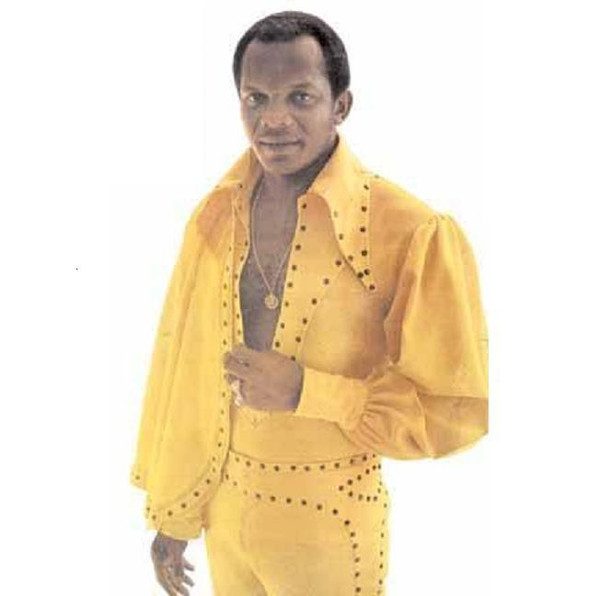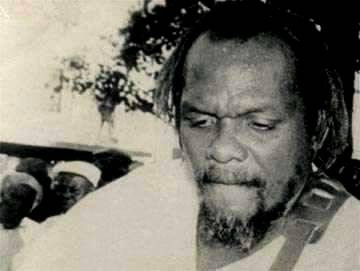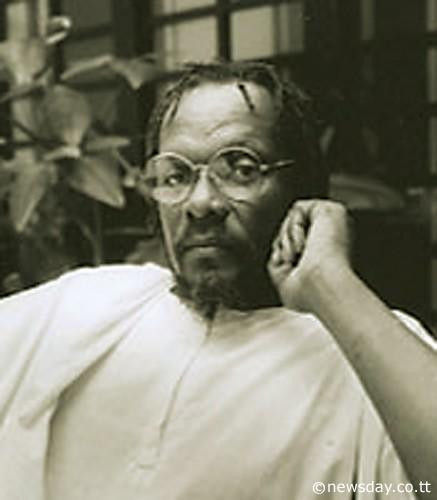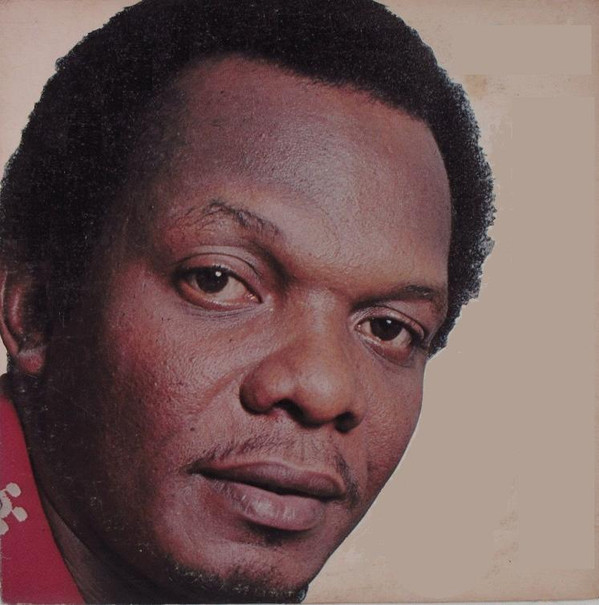Lord Shorty
Настоящее имя: Lord Shorty
Об исполнителе:
Soca musician from Trinidad and Tobago, dubbed the "Father of Soca"; born 6 October 1941 in Lengua Village, St Cross Road, Princes Town, Trinidad; died on July 12, 2000, at age 59 of bone-marrow cancer in Port-of-Spain, Trinidad; Married Claudette; Children: 25; Family group: Love Circle. Pseudonym: Adopted stage name Short G 1958; Lord Shorty, 1961; Changed to Ras Shorty-I after conversion to Rastafarianism, 1980. Religion: Christian/Rastafarian. Career Summary: Started to learn to play the guitar from age 7; Tuner and Arranger for various steelbands including his own steelband Southern Panomites Steel Orchestra that he led in his native Princes Town by the age of 17; Bookkeeper, early to mid 1960s and Carpenter, mid-1960s to 1967; Started singing in 1958 at the Lengua Youth Movement when he composed his very first Calypso with East Indian musical influence called "Long Mango"; Started in Calypso business in 1960 as guitarist for his close friend Maestro and other Calypsonians helping them to record calypso demos, etc; Entered the Princess Town Calypso competition in 1961 to launch his professional calypso career but did not win; In 1963 won the South Calypso King competition and also the Princess Town Calypso competition and also started his career as a recording artist; Made it to his first National Calypso King (Monarch) Finals in 1968; Won the very first Calypso King of The World competition in 1970; Made it to his second National Calypso King (Monarch) Finals in 1973 and was favourite to win the crown but was penalised for offending the Prime Minister in attendance who instructed the Police Commissioner to charged Shorty for indecency for showing the audience his middle-finger during his performance; Calypso composer, music performer, arranger and innovator, 1961-2000 (decided to make music a full-time career after being fired from his carpentry job in 1967); Selected Discography: "Sixteen Commandments" (hit single, won South Calypso crown), 1963; "Cloak and Dagger" (hit single, was 2nd in T&T Road March), 1964; "Must Come Back" (hit single), 1965; "Indian Singers" (hit single, 2nd Shorty calypso with strong East Indian musical influence), 1966; "Tales of the Bull Pistles" (hit single), 1969; "Belchin Belchin" (hit single, won first Calypso King of the World competition), 1970; "Only a Heart" (first reggae track featured on flip side of "Belchin Belchin" on Gardette record label) 1970; "Cat Kissing" (Hit single. Also set himself mission to improve calypso after regular arranger Ed Watson told him that Calypso is dead/dying and reggae was the new thing), 1971; "Indrani" (composed in 1971 but recorded following year after Shorty started own record label. 3rd Shorty calypso with very strong East Indian influence and first to use East Indian instruments/musicians blended with Calypso musicians), 1972; "Soul Calypso Music" (experimental calypso with soulful influence from 1st LP Gone Gone Gone), 1973; The Love Man, 1973/74 LP (Almost all tracks contain fusion of Calypso rhythms with East Indian rhythms the foundation of the soca beat); Endless Vibrations, 1974 LP (After criticism from both Indo-Trini & Afro-Trini communities, Indian instruments are removed but hybrid rhythm is maintained on drum-kit and other instruments and Soca is officially established as a new music genre); Love In The Caribbean, 1975 LP (Contains reggae, ballads and a number of Soca tracks); Sweet Music, 1976 LP (Contains massive hit title soca track "Sweet Music" that is viewed as "Endless Vibrations" part 2); Sokah, Soul of Calypso, 1977 LP (Contains tracks defining and demonstrating the structure of Sokah music); Soca Explosion, 1978 LP (Shorty takes his music in a more spiritual direction after his close calypso colleague Maestro's sudden death); We Have Love, 1979 LP (Soca album with a strong gospel flavour on which Shorty introduces his Home Circle family group); "Plant De Land / Soca-Man Scrunt" (12" single in which Shorty encourages Trinbagonians to plant the land in one song and complains strongly about lack of radio airplay for local music in the other song), 1980; Jamoo: The Gospel of Soca, 1984 Mini-LP (album defining a new conscious offshoot of soca called Jamoo); Lord Shorty The Collection Who God Bless, 1987 LP (Carotte); Watch Out My Children 25th Anniversary, 1988/89 Live-LP; That Eh Good Enough, 1992 LP; Isat Karo Oratkee (Respect Woman), 1996 LP/CD; "Watch Out My Children" (remake single), 1997 CD; Jamoo Victory, 2000 CD; Children of the Jamoo Journey, CD 2000; Shorty Greatest Hits, CD 2000 (Charlies).
Альтернативные названия:
Вариации названий:
Garfield Blackman
Ras Shorty I
Lord Shorty
Compilations Vinyl 1987 Trinidad & Tobago
LP, Compilation
-
- 1
- 2
-





